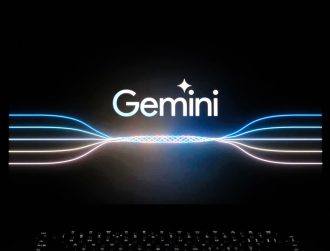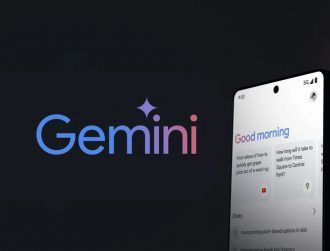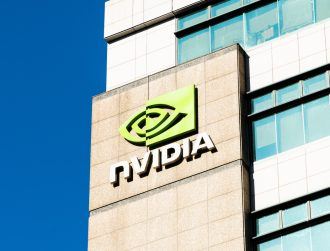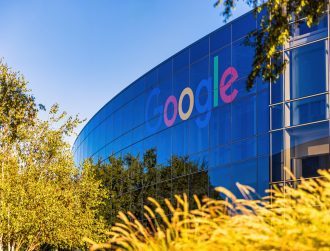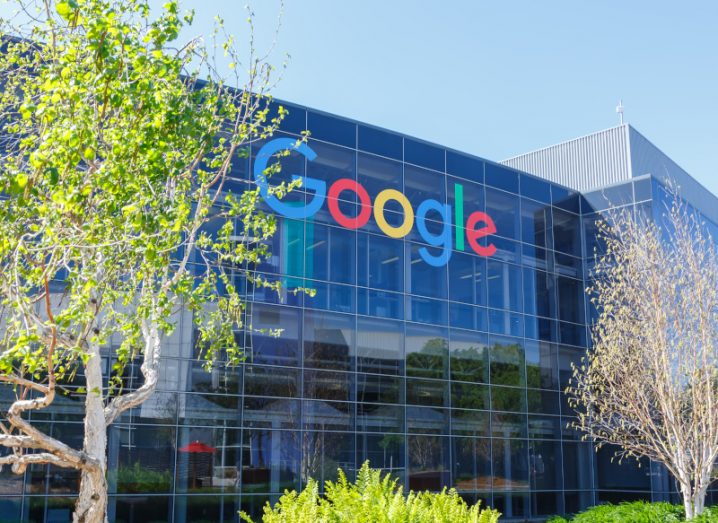
Image: © Markus Mainka/Stock.adobe.com
New AI tools, a new chip and even a collaboration to build a biotech AI platform. These are some of the many updates Google unveiled today.
Google’s parent company Alphabet has added a spate of AI enterprise tools powered by the likes of Meta and Anthropic to its cloud platform to meet increasing demand for the technology.
Clients of Google Cloud will now be able to access Meta’s Llama 2 language model and AI start-up Anthropic’s Claude 2 chatbot, a ChatGPT competitor, to use for their own apps and services.
Announced today (29 August) at the Google Next 2023 event in San Francisco, the move aims to allow customers of its cloud services to choose an AI model – of which more than 100 are available on the platform – that works best for their specific needs.
Over 1 million trusted testers have harnessed the power of Duet AI — as a coach, source of inspiration, and productivity enhancer. Live from #GoogleCloudNext, we're thrilled to announce that Duet AI for #GoogleWorkspace is now generally available 🎉 → https://t.co/EmFe4HbwWt pic.twitter.com/kYyw6r9Tl7
— Google Workspace (@GoogleWorkspace) August 29, 2023
While the search giant is doubling down on AI as it competes with the likes of Microsoft and start-ups in the space, Google Cloud chief Thomas Kurian told Reuters that its big business customers need to be deliberate and move at a different pace.
“We’ve generally told enterprise customers, ‘Go slowly and methodically because it’s important that you treat this as a strategic software development’,” he said. “There’s been this sort of FOMO [fear of missing out] of, ‘I need to be in generative AI for generative AI’s sake’.”
Duet AI
Among the many other announcements Google made today, it said it is rolling out its Duet AI assistant – which has been in testing for a while – across all of its Workspace apps, including Gmail, Drive, Slides and Docs.
This means that anyone who pays for Google’s Workspace apps, can access Duet AI (at a cost of $30 per month for large organisations in the US) to speed up daily organisational and creative tasks. Google said interested users can start off using the service with a free trial.
Duet AI is also set to change the experience in Google Chat, which now offers real-time updates, insights and proactive suggestions across Google Workspace apps thanks to the power of generative AI.
“We plan for Duet AI to answer complex queries by searching across your messages and files in Gmail and Drive, summarise documents shared in a space and provide a recap of missed conversations,” the company wrote in a blogpost.
💡Introducing Duet AI in Chat – a real-time partner that can summarize documents, provide a recap of missed conversations, and answer complex queries by searching across your #GoogleWorkspace apps. All this without leaving Chat → https://t.co/oyso7wgGsJ#GoogleCloudNext pic.twitter.com/rXxKB518i9
— Google Workspace (@GoogleWorkspace) August 29, 2023
Google is also raising the membership limit for Chat from 50,000 to 500,000 so that “even the largest organisations can host their entire workforce in a single space”. The flagship enterprise messaging app competes with the likes of Microsoft Teams and Slack.
New chip and biotech partnership
Alphabet also made public a new version of its custom-built AI chips, called TPU v5e, which is designed to train large models but also efficiently serve content from those models.
Other than a host of other updates to its consumer products, Google announced at the conference today that it is partnering with MIT-founded Ginkgo Bioworks to build a “next generation” AI platform for biological and engineering biosecurity.
Google will work with Gingko to develop new large language models running on Google Cloud’s Vertex AI platform across genomics, protein function and synthetic biology. This is expected to have a range of applications across drug discovery, agriculture, industrial manufacturing and biosecurity.
“We believe that by partnering with Google Cloud, Ginkgo can supercharge our mission to make biology easier to engineer,” said Jason Kelly, co-founder and CEO of Ginkgo Bioworks.
“The most pressing challenges of our generation require biological solutions, and we must figure out how to better leverage our collective capabilities and move faster.
“With Ginkgo’s automated Foundry to generate large scale biological data, Google Cloud’s computing horsepower, and Google’s AI expertise, I can’t think of a better partner to scale AI solutions in biological engineering.”
10 things you need to know direct to your inbox every weekday. Sign up for the Daily Brief, Silicon Republic’s digest of essential sci-tech news.

